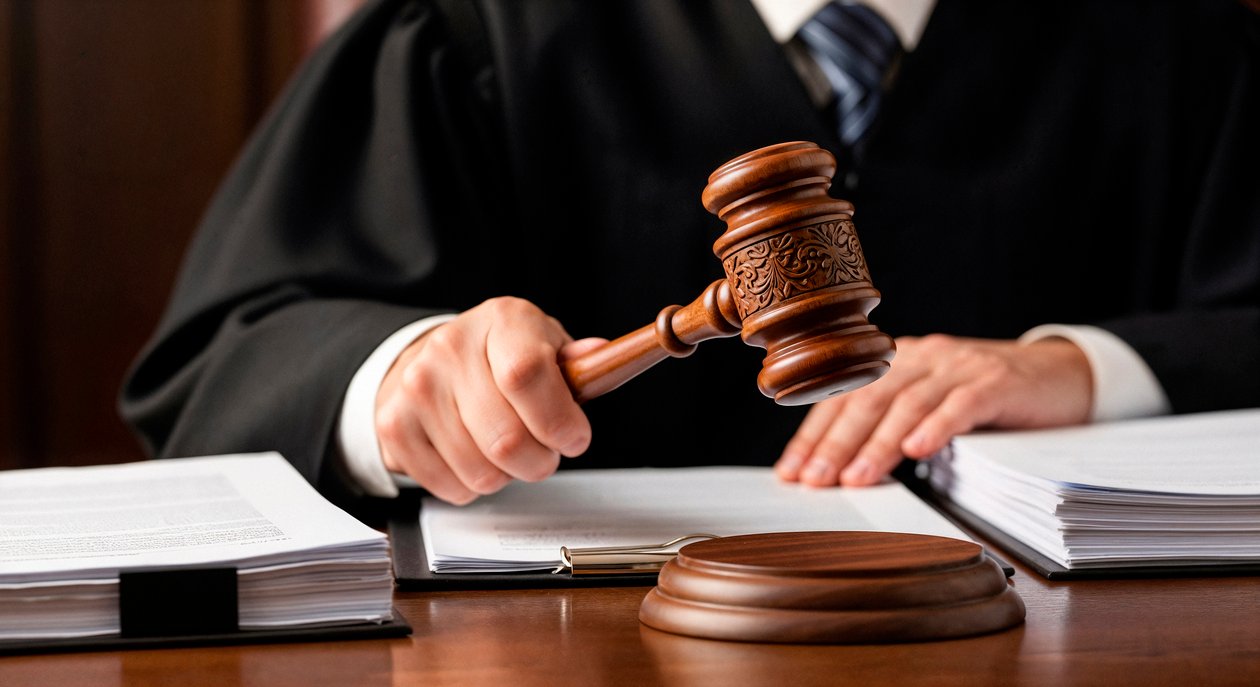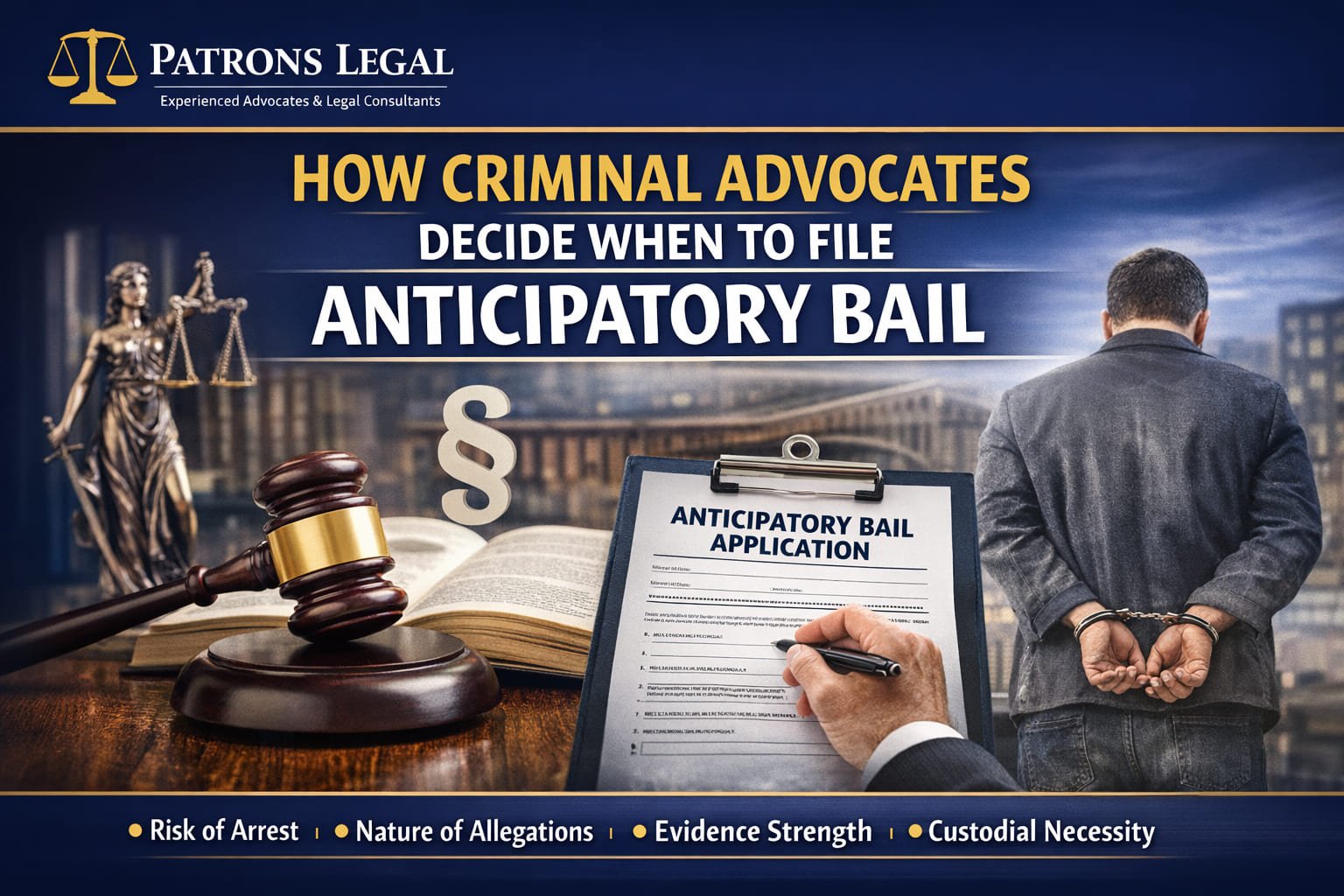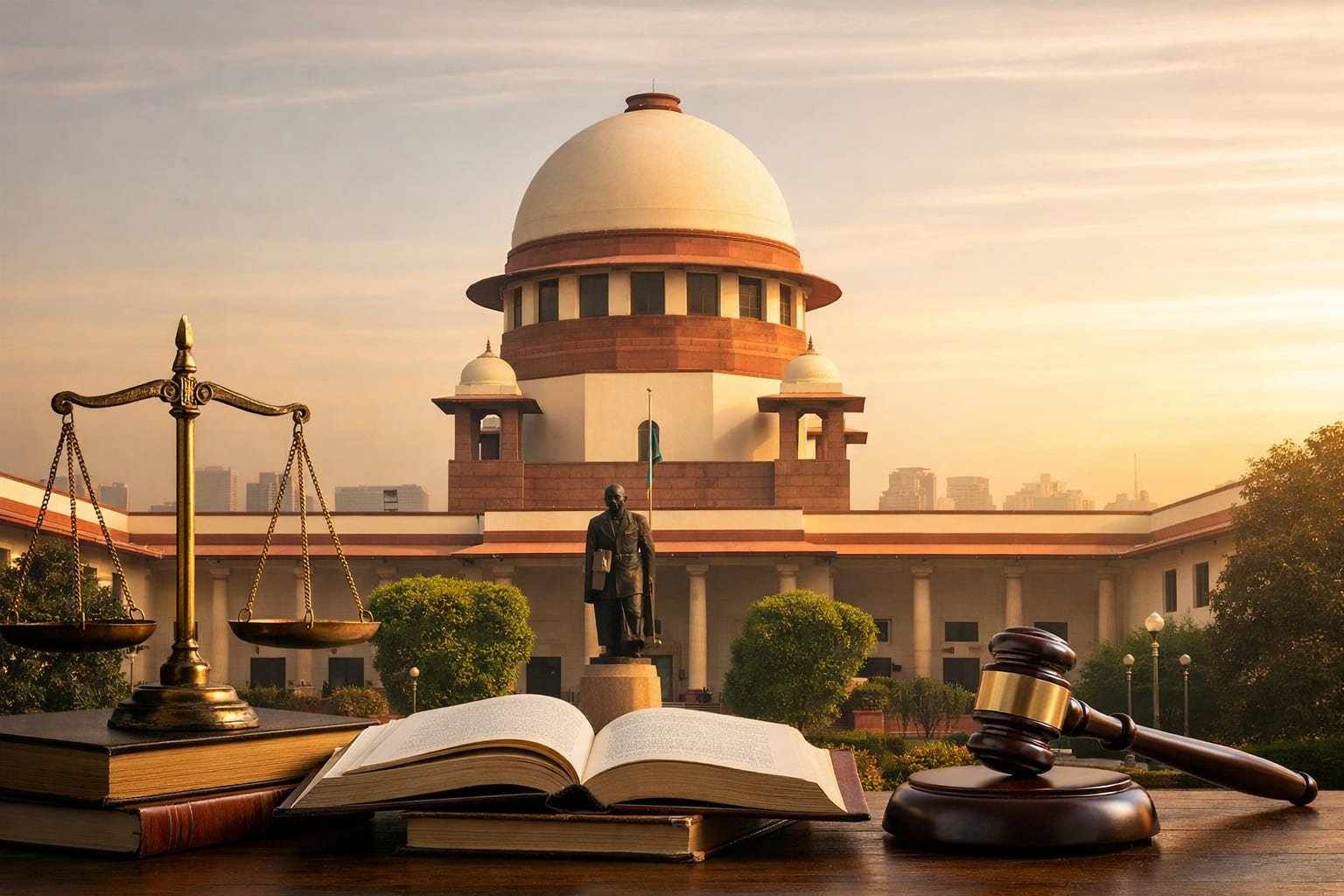In India’s criminal justice system, the principle of “bail, not jail” forms a cornerstone of the rights of an accused. The concept of bail is deeply rooted in the constitutional guarantee of personal liberty under Article 21 of the Constitution of India. When an individual is accused of committing an offence, their right to liberty does not disappear entirely; instead, it gets balanced with the interests of justice.
At Patrons Legal, with our 45+ years of experience in criminal litigation, we have helped countless clients navigate complex bail proceedings across various courts, including district courts, the Delhi High Court, and the Supreme Court. Whether you are applying for regular bail, anticipatory bail, or interim bail, knowing your rights as an accused during bail proceedings is crucial to ensuring fair treatment under the law.
This comprehensive guide explains the rights of an accused during bail proceedings in India, the relevant legal provisions, judicial interpretations, and practical strategies to protect those rights effectively.
Understanding Bail in India
Before discussing the rights of an accused, it is essential to understand what bail is. In simple terms, bail is the temporary release of an accused person from custody, pending trial or investigation, on the condition that they comply with certain legal requirements, such as appearing before the court as directed.
Objectives of Bail:
-
Protect personal liberty – Ensuring that a person is not unnecessarily detained.
-
Preserve the presumption of innocence – The accused is not guilty until proven guilty.
-
Ensure cooperation – Making sure the accused appears for investigation and trial.
The Criminal Procedure Code, 1973 (CrPC), provides the framework for granting bail in India. The Indian Constitution, particularly Article 21, also plays a crucial role in upholding the right to personal liberty, making bail an essential legal safeguard.
Types of Bail in India
To fully understand the rights of an accused, it’s necessary to know the different kinds of bail available:
-
Regular Bail (Sections 437 & 439 of CrPC)
-
Granted to an accused already under arrest and in police/judicial custody.
-
-
Anticipatory Bail (Section 438 of CrPC)
-
Granted to a person who anticipates arrest in connection with a non-bailable offence.
-
-
Interim Bail
-
A temporary bail was granted until the court hears the final bail application.
-
At Patrons Legal, our experienced bail lawyers assess the nature of the case, evidence, and urgency to determine the right type of bail application, ensuring the accused’s rights are safeguarded at every stage.
Constitutional & Legal Foundation for Bail Rights
The rights of an accused in bail proceedings are deeply rooted in constitutional guarantees and statutory provisions:
-
Article 21 of the Constitution – Right to life and personal liberty.
-
Article 22 – Protection in case of arrest and detention.
-
Section 50 of CrPC – Right to be informed of grounds of arrest and right to bail in bailable offences.
-
Sections 436–439 of CrPC – Specific provisions regarding bail.
These rights collectively ensure that no accused person is deprived of liberty without due process of law.
Rights of an Accused in Bail Proceedings
Now, let’s break down the key rights of an accused during bail proceedings in India:
1. Right to Be Informed About the Grounds of Arrest
Every accused has the right to know why they are being arrested.
-
Section 50(1) of the CrPC mandates that the police must communicate the full particulars of the offence.
-
In Joginder Kumar vs State of UP (1994), the Supreme Court emphasized that arrests cannot be made casually and that the person must be informed about the reasons.
2. Right to Apply for Bail
An accused has the right to file a bail application before the appropriate court.
-
In bailable offences, bail is a matter of right under Section 436 CrPC.
-
In non-bailable offences, though bail is at the discretion of the court, the accused still has the right to make a strong legal representation for bail.
3. Right to Legal Representation
Under Article 22(1) of the Constitution, the accused has the right to consult and be defended by a legal practitioner of their choice.
At Patrons Legal, our expert bail lawyers ensure that the accused’s bail applications are carefully drafted, evidence is presented effectively, and strong arguments are made before the court.
4. Right to a Speedy Hearing of Bail Applications
Unnecessary delays in bail proceedings violate the right to personal liberty. Courts are obligated to hear bail applications without undue delay.
5. Right to Reasoned Orders
When a court grants or rejects bail, it must provide clear and reasoned orders. This ensures transparency and allows the accused to appeal the decision if required.
6. Right to be Presumed Innocent
An accused is innocent until proven guilty. This principle underlies the bail process. Courts cannot deny bail arbitrarily; they must consider whether custody is necessary for investigation or trial.
7. Right to Humane Conditions During Custody
If bail is not immediately granted, the accused has the right to dignity and humane treatment while in custody, as per Article 21 and the Supreme Court directives.
Landmark Judgments on Bail Rights
Indian courts have repeatedly reinforced the importance of bail as a fundamental right:
-
Hussainara Khatoon vs Home Secretary, State of Bihar (1979) – Highlighted the right to a speedy trial and bail for undertrials.
- Gurbaksh Singh Sibbia vs. State of Punjab (1980) – Laid down guidelines for anticipatory bail.
-
Joginder Kumar vs State of UP (1994) – Reinforced the right to be informed of arrest reasons.
-
Sanjay Chandra vs CBI (2012) – Stated that “bail is the rule, jail is the exception”, strengthening the presumption of innocence.
-
Arnesh Kumar vs. State of Bihar (2014) – Restricted arbitrary arrests in offences punishable up to 7 years.
- Satender Kumar Antil vs. CBI (2021) – Directed courts to prioritize bail and avoid unnecessary arrests.
These judgments play a pivotal role in ensuring that bail is treated as an instrument of justice, rather than a form of punishment.
How Patrons Legal Assists in Bail Proceedings
Navigating bail proceedings can be overwhelming for the accused and their families. Patrons Legal offers comprehensive legal support for all types of bail matters:
1. Case Assessment & Strategy
We conduct a detailed analysis of the FIR, charges, and evidence to build a strong bail strategy.
2. Drafting & Filing Bail Applications
Our experienced team ensures accurate drafting of bail applications for regular, anticipatory, and interim bail before appropriate courts.
3. Representation Across Courts
From trial courts to High Courts and the Supreme Court, our lawyers represent clients effectively to secure bail.
4. Urgent & Interim Bail
In cases requiring immediate relief, we move urgent applications for interim or emergency bail.
5. Ensuring Compliance & Advisory
We guide clients on bail conditions and compliance to avoid cancellation of bail.
Why Choosing the Right Bail Lawyer Matters
Bail is often the first step towards justice for an accused. An experienced bail lawyer:
-
Understands court procedures and judge expectations.
-
Can anticipate prosecution strategies.
-
Ensures timely filing and effective arguments.
At Patrons Legal, our senior criminal lawyers have successfully handled complex and high-profile bail matters with precision and dedication.
Conclusion
Being accused of a criminal offence can feel like the end of the world, but it is important to remember that the law protects your rights. Bail proceedings are designed to strike a balance between individual liberty and the need for justice.
If you or your loved one is facing criminal charges, knowing your rights in bail proceedings can make all the difference. With Patrons Legal by your side, you gain the support of one of Delhi’s most experienced criminal litigation teams, ensuring that your rights are defended at every stage.
Need expert legal help?
Contact Patrons Legal today for a consultation with top criminal lawyers in Delhi who specialize in bail matters across all courts. For expert legal assistance in bail proceedings, call us today or visit our office for a detailed consultation.
FAQs on Rights of an Accused in Bail Proceedings in India
1. Can bail be denied?
Yes. Courts may deny bail if they believe the accused may abscond, influence witnesses, or tamper with evidence. However, the denial must be based on valid reasons.
2. What documents are needed for a bail application?
Typically, an FIR copy, arrest memo, identity proof, and supporting affidavits are required. Patrons Legal assists in preparing and filing all necessary documents.
3. How long does it take to get bail?
The duration depends on the type of bail and case complexity. While some bail orders may be granted within a few days, others may require extended arguments, especially in non-bailable offences.
4. Can bail conditions be modified?
Yes. If bail conditions are too restrictive, your lawyer can approach the court to seek modifications.
5. What should I do if my bail is rejected?
You can appeal to a higher court, such as the Sessions Court, Delhi High Court, or the Supreme Court, depending on your case.








Leave a Reply